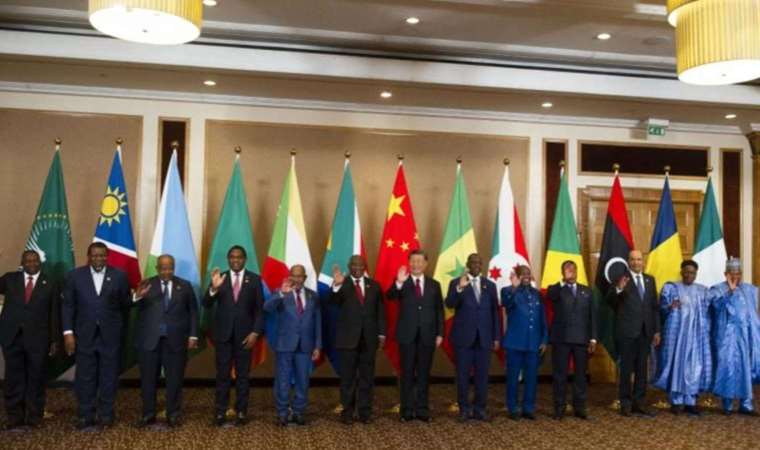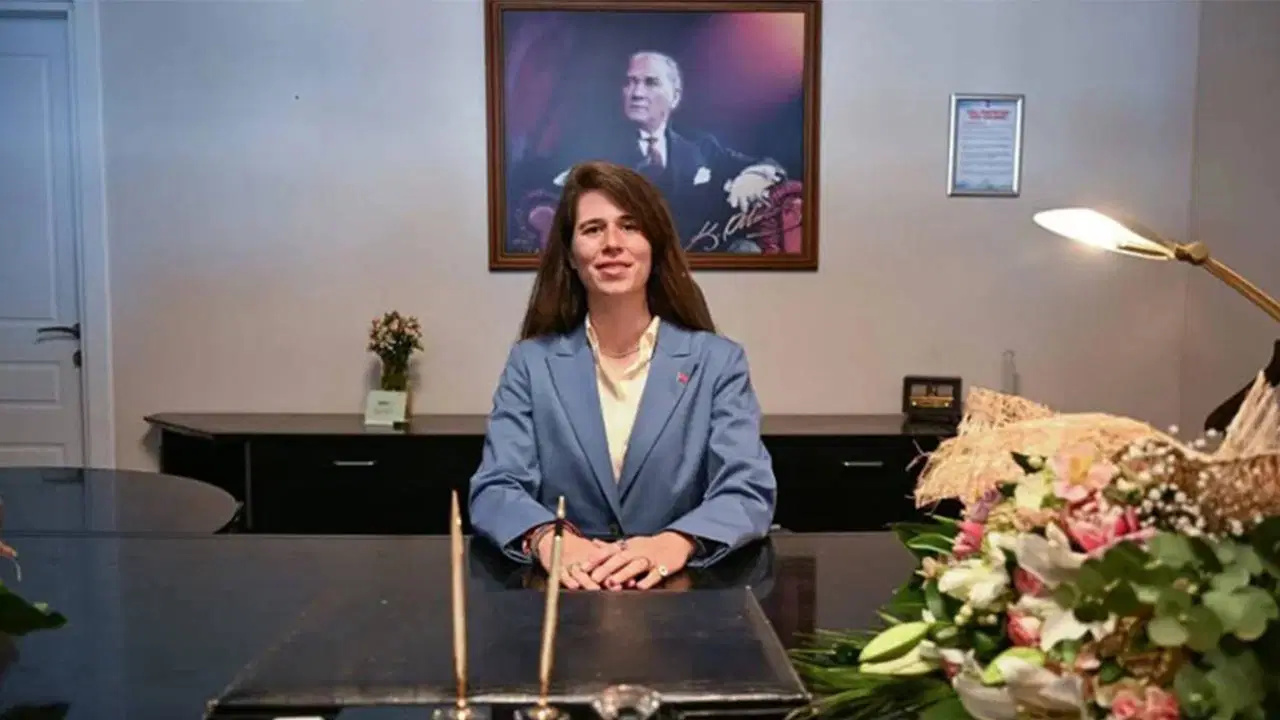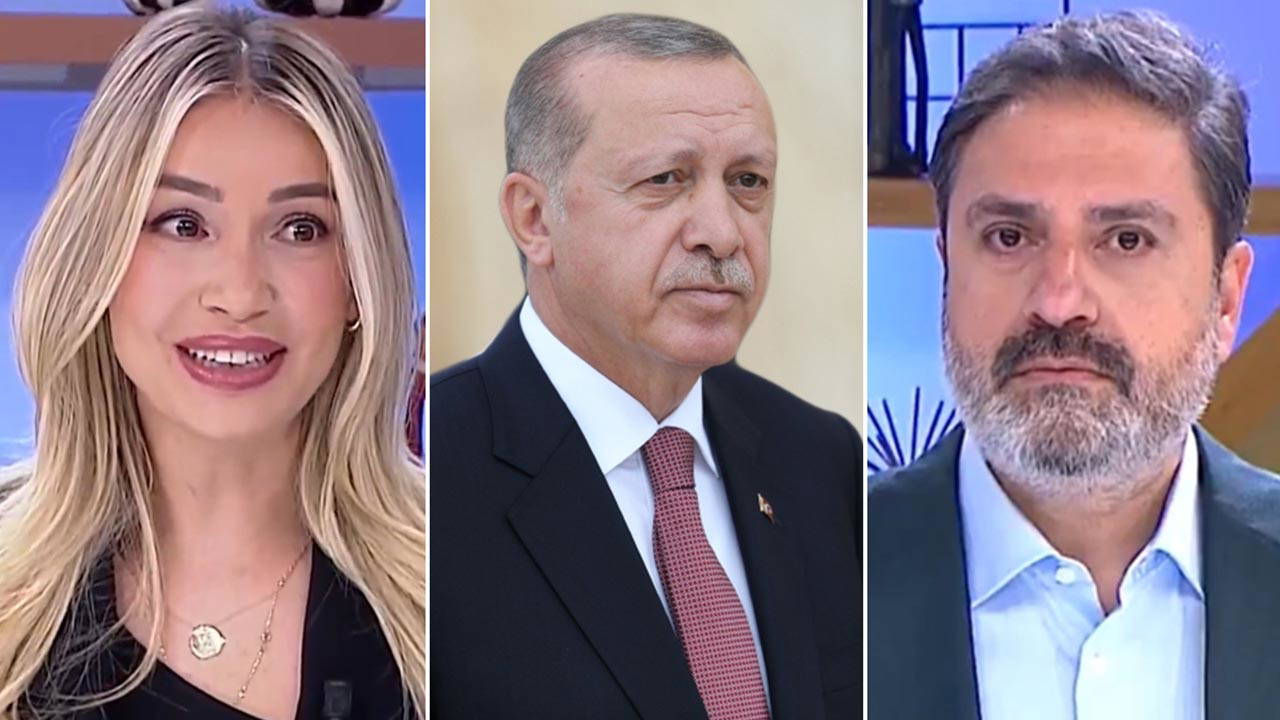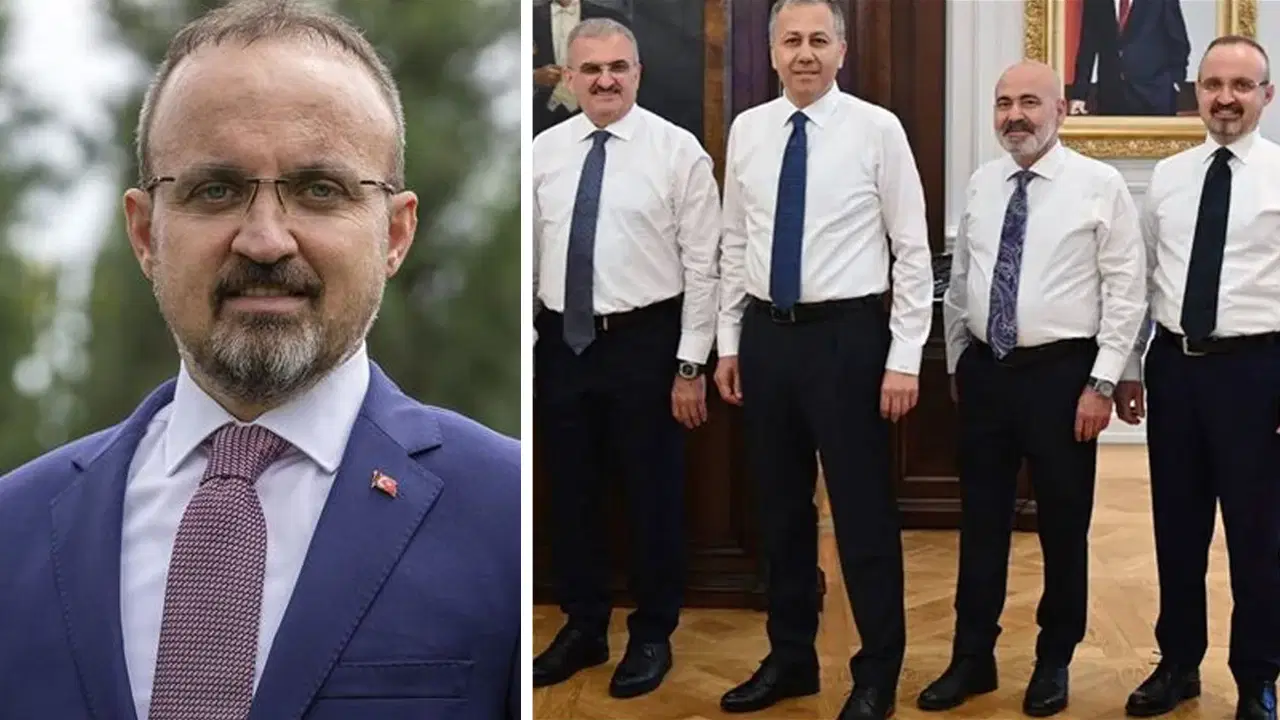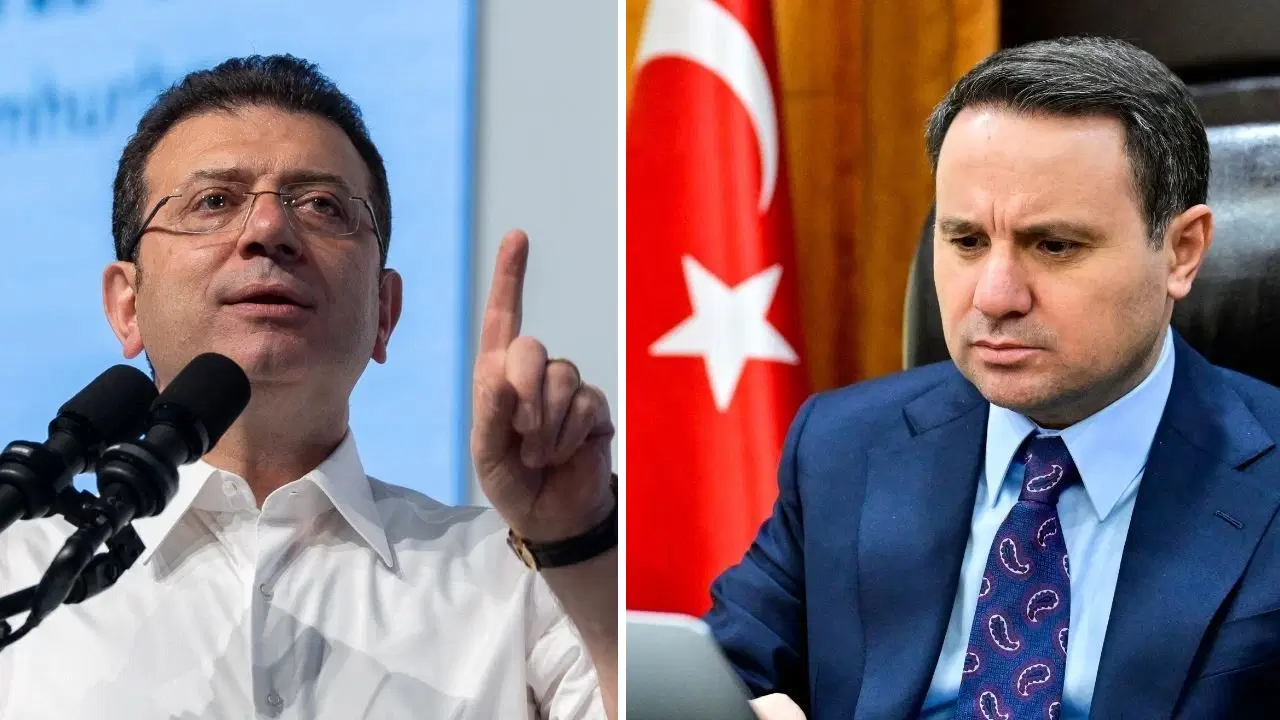BRICS (in its first form BRICs) was established in 2006 with the coming together of Brazil, Russia, India and China and held its first official meeting in Yekaterinburg, Russia in 2009. In 2010, the group renamed BRICS when South Africa joined the group, and it operated under this name and number of members until August 22-24, when it will hold its 15th summit in Johannesburg, South Africa.
BRICS members initially came together to help the five emerging economies get easier loans from the IMF and have a greater say in the loan process. In time, realizing that these demands would not be feasible, the countries sought an alternative to the IMF and the "New Development Bank", which belongs to the group, started its operations in 2015.
DE-DOLLARIZATION AT THE SUMMIT
The actions of the New Development Bank have been followed in recent years by a discourse of de-dollarization. Ahead of the 15th BRICS Summit, many expected the announcement of a new currency for intra-group trade. However, this did not happen.
The US hegemony and the US-led unipolar system there is no doubt that on the dollar, which is traded by finance-capital or the international financial oligarchy. The group initiated the de-dollarization process with the decision to "use local currencies in trade agreements within the group". Russian leader Putin also drew attention to this, saying, "De-dollarization has now entered an irreversible phase." The "common payment system" and "common currency" will undoubtedly complement the process in the future.
With the decision to use local currencies, the grouping could have had a significant impact on the "dollarized" order even with its five members, but as expected before the summit, the decision taken to expand. As a result of the summit, Argentina, Iran, Saudi Arabia, Egypt, the UAE and Ethiopia invited to join the group.
In other words, the 11-member BRICS (admittedly, a different naming is now needed) has become a group that accounts for 30 percent of the world's GDP and has a volume of more than 30 trillion dollars. On the other hand, BRICS has embraced OPEC (Organization of the Petroleum Exporting Countries) 80 percent of the world's oil production covered by the group's members.
South African President Cyril Ramaphosa announced before the summit that more than 40 countries, 23 of them official, had requested to join BRICS. It is hard not to predict that as the number of BRICS members continues to grow in the coming years, the damage to the dollar will only increase.
AN ALTERNATIVE TO THE SYSTEM
We have already mentioned that BRICS originally intended to be an alternative to the IMF. However, in the process, BRICS came to the fore not only with its economic development efforts but also as an alternative to the unipolar world of the United States.
In his speech at the summit, President Xi Jinping of the People's Republic of China called for joint efforts to create a common development community. "No country should be left behind in the process of global modernization," Xi said, in effect openly embracing the "Global South" with promises of development and investment support, including support for the "Global South", something that leaders such as Lula have said many times during the summit.
GEOPOLITICAL SCENARIO
Speaking after the summit, former Bolivian President Evo Morales referred to the summit as a turning point confirming a multipolar geopolitical and economic scenario and clearly expressed the South's expectations from BRICS: "The free peoples of the world are uniting for peace and development within the framework of social justice and respect for the sovereignty of states".
While the unipolar system is becoming a thing of the past, it seems that in the coming years, BRICS will be more vocal in expressing demands such as a multipolar system that will affect the global system, anti-colonialism and exploitation, fair and equal distribution through BRICS.











